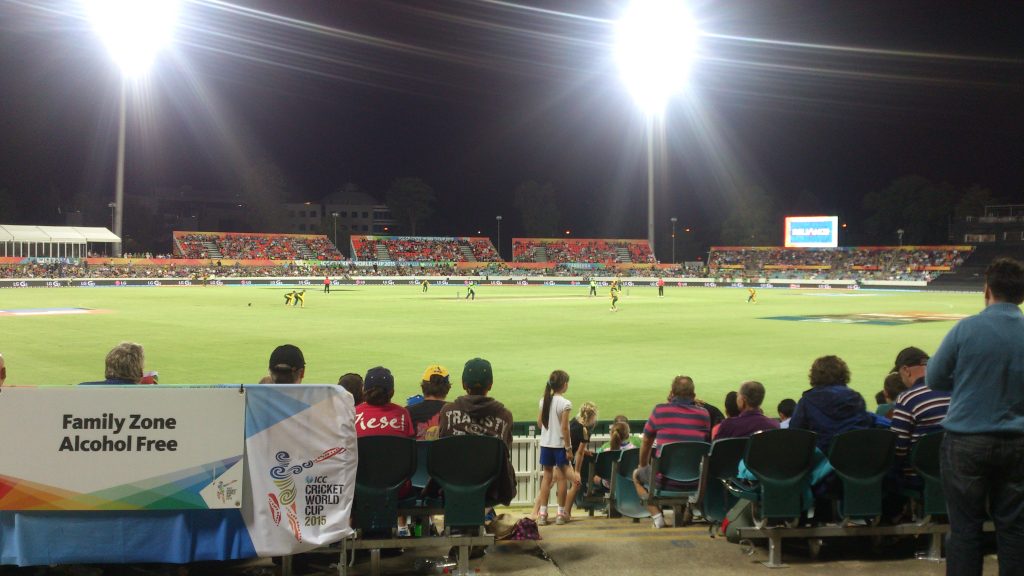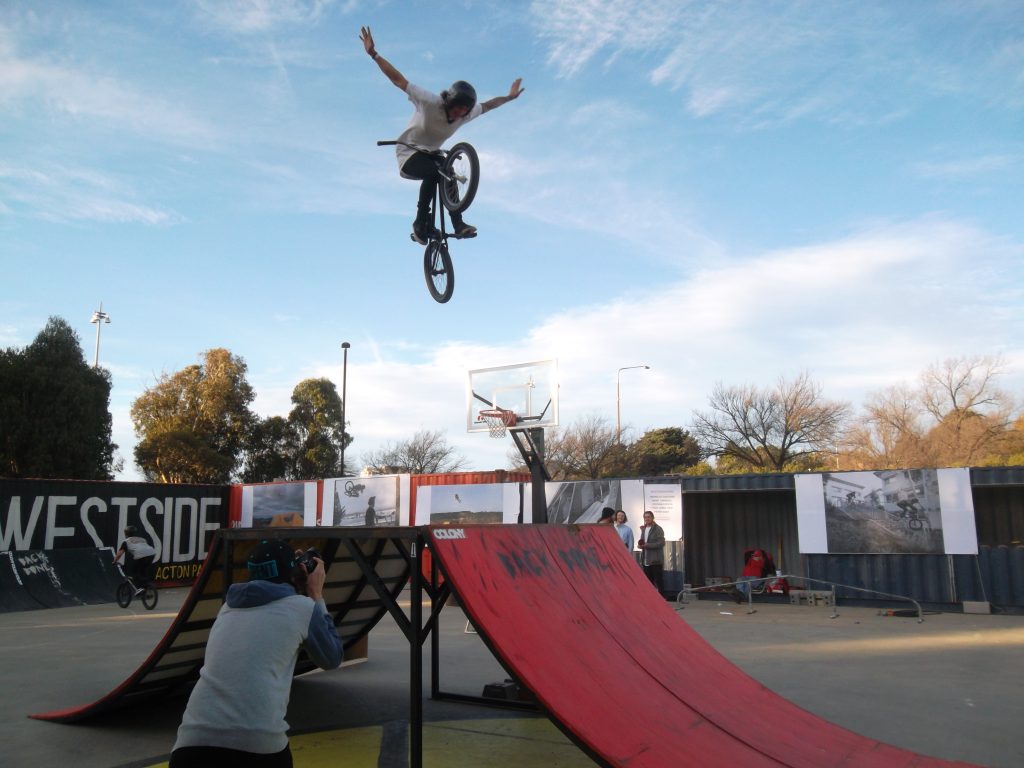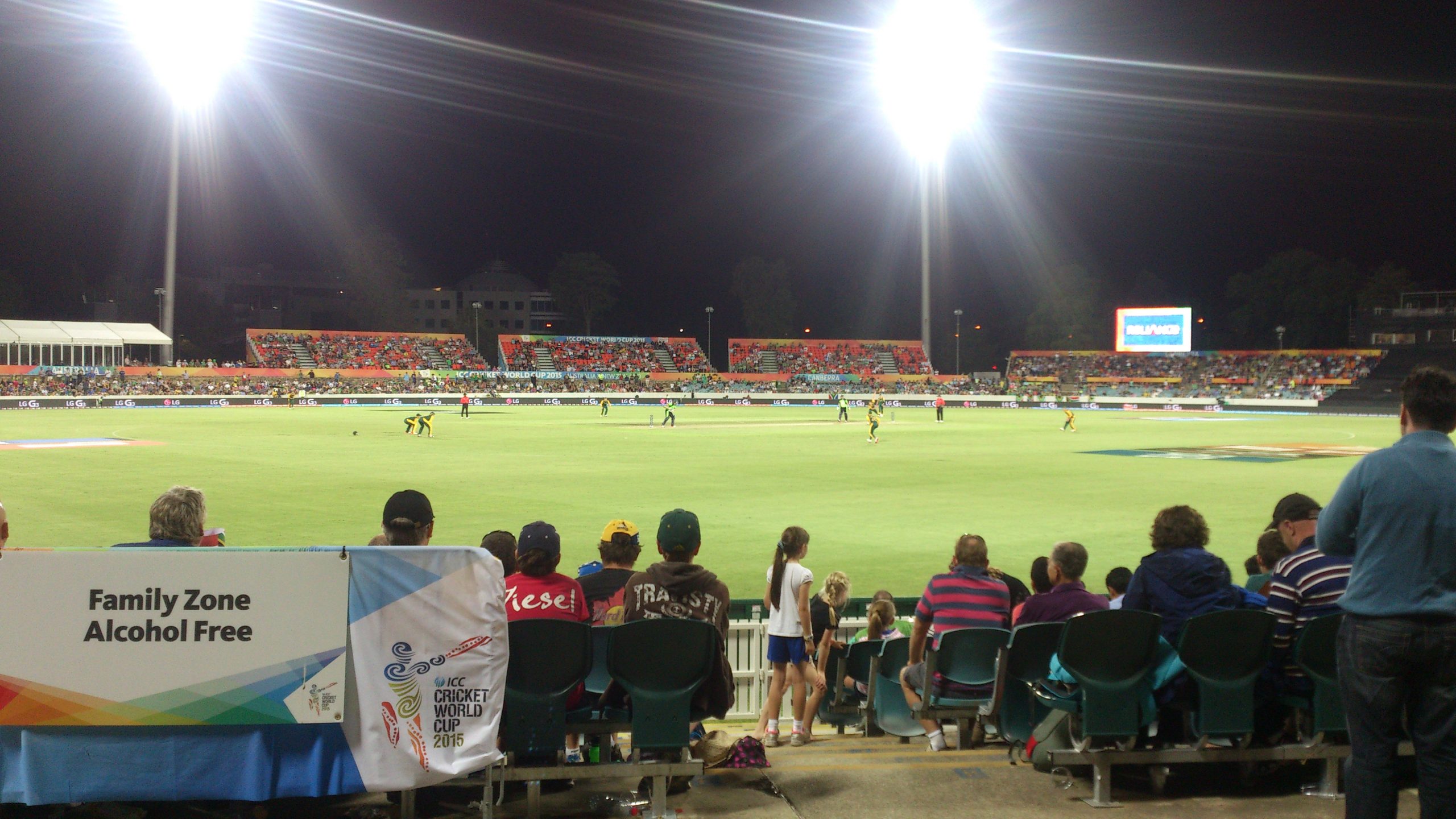It is a commonly held truism that sports and politics should never mix. Sport is an oasis, untouched by the mundanities of life. But to watch a game of football is to break apart this illusion. Representatives of two nations clash in a contest of strength and skill. A referee enforces strict conformance with arbitrary rules. The crowd’s passions are subsumed in the game. How could this be apolitical?

Play is dangerous. Play provides a free, anarchic exultation of the physicality natural to us as intelligent, embodied creatures. To the emergent class of factory owners and nation builders in the 1800s, play was the enemy of discipline. The nation builders needed soldiers, trainable and subject to martial discipline. The factory owners needed workers, docile and compliant. So the alliance between capital and state was formed, funding and building institutions to subdue man. First and foremost on the list was moulding children during their formative years.
In the early Victorian era, children worked long hours in factories from an average age of 10. In such Dickensian circumstances, additional discipline through schooling was not required. Though these poor wretches were valuable to the capitalist factory owners, state and religious figures found the citizens sculpted through this process odious. Children brought up in such environments were becoming men who (understandbly) turned to alcoholism and violence.
The means of secular and religious instruction.. are so grievously defective, that, in all the districts, great numbers of Children and Young Persons are growing up without any religious, moral, or intellectual training; nothing being done to form them to habits of order, sobriety, honesty, and forethought, or even to restrain them from vice and crime.
–2nd Report of the Commission on the Employment of Children (Trades and Manufactures), 1843
Religious pressure gradually reduced the ability of factory owners to exploit children in this manner, but they still needed to be disciplined. So public and private schools were developed, in order to enforce the formation of proper habits. Habits like blind obediance to their betters. Although children were freed from the drudgery of the factory, they could not be allowed to simply learn and play.

Universal education was established in order to train children to act in a manner which suited the trio of interests. They would be disciplined to follow the rules set down by the state, the church and their employers. Biding their time for a few years, the capitalists would inherit a trained, compliant workforce who could also write and take measurements. Religious institutions would be satisfied with extending the innocence of childhood, while state order would be preserved through indoctrination. But how best would these young people be instructed?
They looked to Rugby School and its headmaster, Thomas Arnold for the answer. The privileged children of private schools like Rugby had long played games with balls, collequially known as football. But these were anarchic scrums with ever shifting rules, rather than organised sports. In 1845, the rules for Rugby Football were codified, and the sport was made part of the school curriculum in 1850. This structured and systemitised play into a rigid, disciplinary tool. Instead of creating their own rules, students would be trained to obey the traditional strictures. When the methods of Rugby School were popularised in the 1857 novel Tom Brown’s School Days, a new era of disciplinary sport had begun.
Thomas Arnold, the leader and classic model of English educators, gave the precise formula for the role of athletics in education. The cause was quickly won. Playing fields sprang up all over England.
-Pierre de Coubertin
It is appropriate then, that the code of football developed at Rugby is the most martial and disciplinarian. Two armies test their strength, fighting skirmish after skirmish. A rare moment of brilliance might see a winger fly free, but the status quo is trench warfare. Eventually, the strain shows, and one side bends the rules – a tackle slips high or is held too long. This is the point of the game – not to reward creativity but to punish transgressions. The opposing team takes a free kick at goal, worth 3 points (a try, or touchdown is worth 5). At the last World Cup, 46% of scoring plays were penalties. This is the modernised, spectator friendly version of the game – in the original rules a try was worth nothing!
But Rugby is hardly the only game built upon discipline. In the current Soccer World Cup, Australia scored two goals before bowing out. Both those goals were directly from the penalty spot. Across all games so far, 18% of scores have come directly from disciplinary free kicks or penalties. Though the commercial iterations of these sports have attempted to provide more opportunities for flair and attacking play, they cannot escape their schoolyard roots in training.
Organised sport came into being as a disciplinary device, to train students in the habits of order and sobriety demanded by their bosses, kings and clergy. Pierre de Coubertin mused about the “moral and social strength” created by organised sport. But Pierre didn’t just have a vision of social order. He believed that the French state’s support of organised sport had “enabled the Republic… to guide youth through the dangers of pacifism and freedom pushed to extreme limits right up to that 1914 mobilisation which will remain one of the finest spectacles which Democracy has given the world.” In the eyes of the founder of the modern Olympics, pacifism was a danger, but millions of deaths in the trenches for imperialism was a fine spectacle. Because the organisation of sport wasn’t just for order, but to train the soldiers of the future.
Sport inflames passions like little else in our society (politics and religion being the notable exceptions). A fanatical loyalty to one’s team overrides rationality, and their rivals are the scum of the earth. Media coverage is littered with military terminology, from battles fought to the sacrifice of players. Soldiers need to be taught to obey orders unquestioningly, and be filled with both loyalty to their colleagues and enough hatred of their enemy to be willing to take the life of another person. These are all things which sport helps teach.
The passion of fans has a positive side however. Sport is also as close as we can get to a genuine communal experience in our atomised society. The thrill of the crowd as they rise together to urge on their team. The shared heartbreak of defeat snatched from the jaws of victory. For two hours a week, we can be part of a society – citizens rather than just individual consumers.
But in the modern professionalised sporting landscape, we are indeed consumers as well. To play sport is still too close to genuine play for modern capitalists, who would rather workers spend their time productively. So past the childhood years where it instills discipline to all, sport is played by an increasingly narrow cadre of athletes. Sport has subsumed play, but spectator sport has subsumed sport.
These spectators are a valuable audience for the myriad of advertisers and exploiters who seek an association with that shred of play and community which remains. Sporting fields are festooned with billboards, while broadcasters flog the latest odds from their live gambling partners. This largesse is directed to the idle rich who own the sporting teams and stadiums, more coins added to their ever growing money piles.
How could this ever be considered apolitical? The best clue is in the athletes themselves. People of all colours from working class backgrounds grace our sporting fields, willing to work harder than any burgher for one chance to escape their birth. Sport is one of the few fields of society where those from the working class can escape their shackles and reach an audience. But much like the gladiators of ancient Rome, their role is strictly defined.
So when Colin Kaepernick strays even slightly, by kneeling instead of standing for a national anthem, he has stepped outside that allowed role. He has broken that disciplinary covenant. And so he remains an unsigned free agent. Because sport is still an instrument of discipline, and Kaepernick serves as a reminder to any young black folks that in the eyes of civil society they should just shut up and obey orders.
